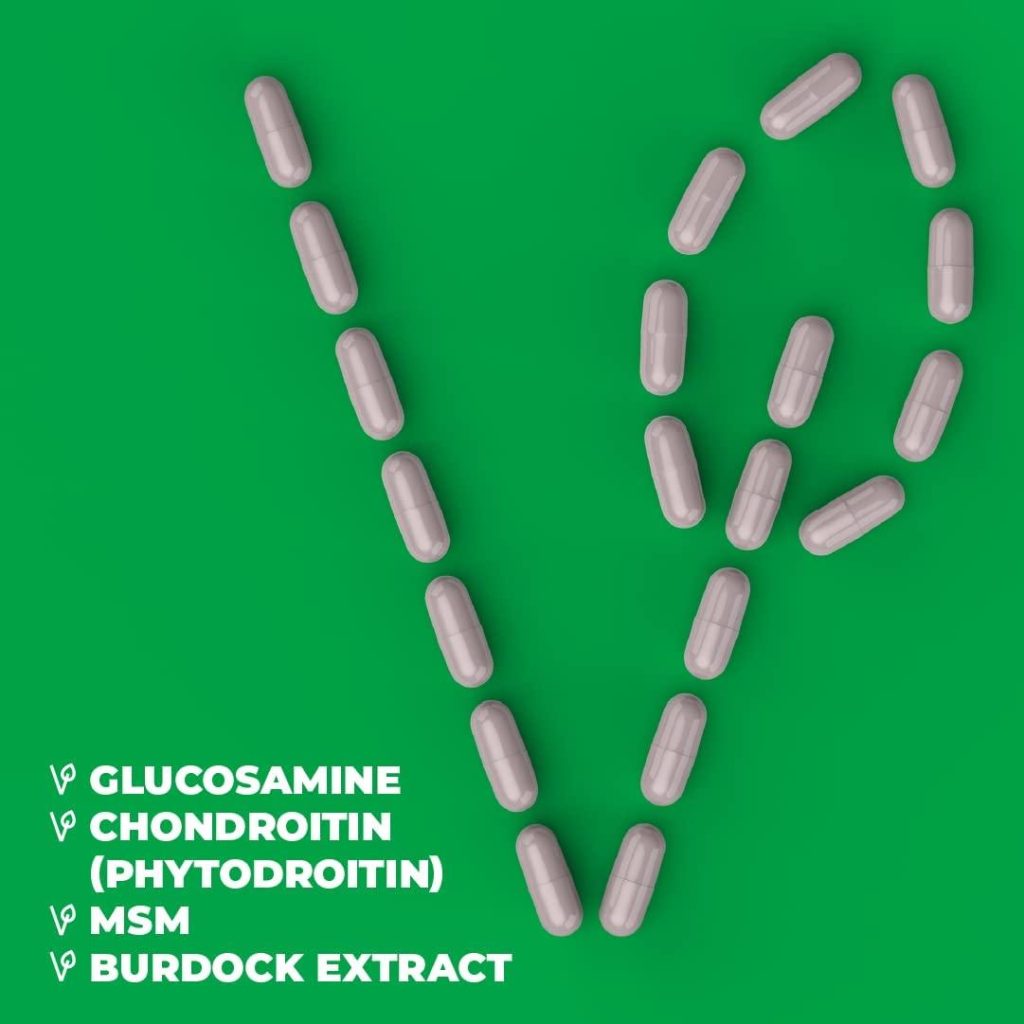

Vitamins for Joint Health and Inflammation: Beyond Glucosamine is an exploration of the crucial role various vitamins play in supporting joint health and combating inflammation beyond the often-touted glucosamine. Are you experiencing discomfort, stiffness, or limited mobility in your joints? Many factors contribute to these issues, and often, simple dietary modifications can significantly impact your well-being. This article delves into essential vitamins and minerals that can contribute to stronger, healthier joints, easing discomfort, and reducing inflammation. We will explore specific vitamins and their roles, practical applications, and potential side effects. Furthermore, we’ll consider the interplay with other factors influencing joint health, offering a comprehensive and balanced approach. The structure of this article is as follows: we’ll first establish a foundation understanding of inflammation and joint health, then explore key vitamins and their mechanisms, and finally provide actionable insights and recommendations.
Understanding Inflammation and Joint Health
Inflammation, while a natural response to injury or infection, can become chronic. Chronic inflammation can lead to various issues, including joint pain, stiffness, and reduced mobility. This persistent state can damage cartilage and bone tissue over time. Understanding the intricate relationship between inflammation, diet, and joint health is crucial to managing potential issues. One must recognize that maintaining healthy joints involves a multifaceted approach, encompassing diet, lifestyle, and potential medical interventions. Diet plays a key role in mitigating inflammation throughout the body and in the joints in particular.
Essential Vitamins for Joint Health
Numerous vitamins contribute significantly to joint health. Vitamin C, for example, acts as an antioxidant, protecting cells from damage, which is essential for maintaining the integrity of cartilage and connective tissues. Vitamin D, often overlooked, also plays a crucial role in bone health and reduces inflammation. Vitamin E, another potent antioxidant, supports healthy cell membranes, crucial for joint function and mobility. Additionally, several B vitamins are essential for energy production and overall well-being, influencing the body’s response to inflammation and stress.
Vitamins in Action: Specific Examples
Vitamin C is a powerful antioxidant, protecting against free radical damage that can contribute to inflammation and tissue breakdown. High levels of Vitamin C support healthy collagen synthesis, which is crucial for the structure of cartilage and ligaments. Studies have shown that supplementing with Vitamin C may reduce pain and improve function in individuals with osteoarthritis. Another important vitamin is vitamin D, which influences calcium absorption and bone health. Adequate vitamin D levels can help manage inflammation and improve joint function. Vitamin E is a potent antioxidant that protects cells from damage, further contributing to maintaining healthy joints. Research has shown a positive correlation between vitamin E intake and a reduced risk of developing certain inflammatory conditions.
Natural Remedies and Supplementation
Beyond vitamins, lifestyle factors are critical for joint health. Maintaining a healthy weight can help reduce stress on joints. Regular exercise, focusing on low-impact activities like swimming or cycling, strengthens muscles around joints and improves flexibility. While diet and lifestyle are key, supplementation can potentially address deficiencies or support optimal levels of essential nutrients. Consulting a healthcare professional is crucial to determine the best approach for your individual needs. A balanced approach that combines a healthy diet with regular exercise and, potentially, supplements, can greatly contribute to joint health.
Long-Term Considerations
Addressing joint health isn’t just a short-term strategy; it’s a commitment to long-term well-being. A comprehensive plan that includes a balanced diet rich in vitamins and minerals, regular exercise, and adequate rest is essential. Understanding your body’s unique needs and consulting with a healthcare professional to determine personalized recommendations is crucial. This approach can ensure optimal joint health and mobility for years to come.
What if I have allergies or sensitivities to certain vitamins?
What are some other lifestyle factors that can impact joint health?
FAQ
What are some specific foods rich in vitamins crucial for joint health?
Many fruits and vegetables offer significant vitamin content for joint health. Citrus fruits, such as oranges and lemons, are excellent sources of vitamin C. For vitamin D, fatty fish like salmon and tuna are outstanding sources. Leafy greens like spinach and kale offer a mix of essential vitamins and minerals. Incorporating these foods into your daily diet can provide crucial vitamins for joint health. A variety of fruits and vegetables is vital for a balanced approach. Consult a healthcare professional for customized dietary recommendations.
How long will it take to see improvement in joint health by incorporating these vitamins?
Results can vary significantly depending on individual factors, including current health status and any pre-existing conditions. For some, improvement may be noticeable within a few weeks. Others may experience more gradual changes over several months. Patience and consistency are key. Sustaining a healthy lifestyle, including a balanced diet and regular exercise, is essential for ongoing benefits.
In conclusion, exploring vitamins beyond glucosamine for joint health and inflammation offers a wider spectrum of potential benefits. By understanding the complex interplay of nutrients, you can tailor a more comprehensive approach to joint care. Remember, consulting with a healthcare professional is crucial to determine the best course of action for your specific needs. This exploration provides a starting point, empowering you to make informed decisions about your well-being. Discover a healthier, more vibrant you by incorporating these nutrients into your daily routine.